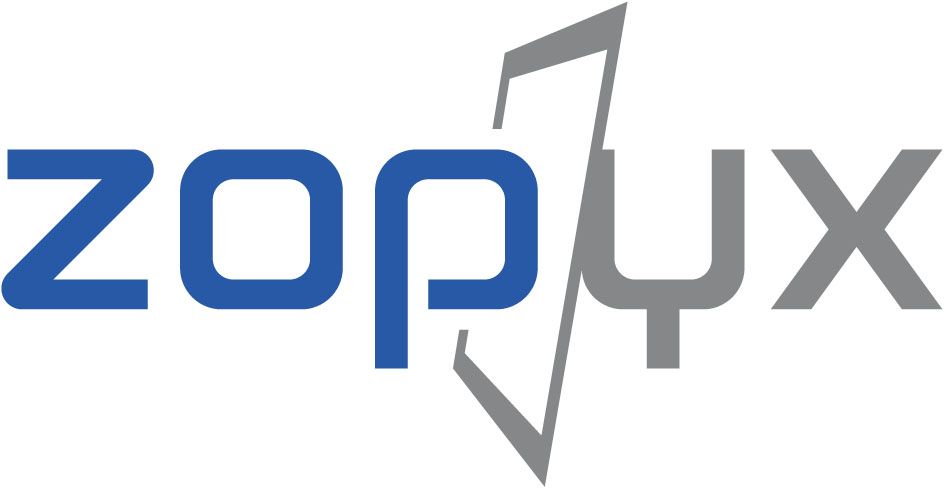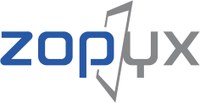New print-css.rocks release available
A new print-css.rocks release is available with support for some new tools: Typeset.sh

October is filled with exhibitions and conferences. So I am going to present three different talks this month.

This talk will discuss our ongoing Onkopedia publishing project where we switch the customer to an XML-based publishing workflow. The basis of all publications are Word/DOCX documents that we convert to XML, store them into an XML database and generate HTML and PDF versions from XML content.
Where: DMS Expo 2014 Stuttgart, 08.10.2014
Structured content (XML) is widely used in the publishing industry and documentation applications. This talk will demonstrate our approach of integrating XML content with Plone in a sane way. Instead of storing XML content natively in Plone we take a different approach and integrate Plone with the open-source XML database eXist-db. eXist-db is in some ways similar to Plone and provides an hierarchy storage model, support for latest XML technology like XPath 3, XQuery and XUpdate. Plone applications can communicate with eXist-DB both through WebDAV or through the REST API of eXist-db. The integration layer is provided through a small Plone add-on zopyx.existdb that makes provides out-of-the-box traversal support from Plone to eXist-db content, a generic API approach, ACEditor integration for basic content-management from within Plone. The overall talk is driven by an ongoing publishing project where we switching from an HTML-to-PDF workflow to XML-to-PDF with Plone as integration platform (https://www.onkopedia-guidelines.info).
Where: Plone Conference 2014, Bristol, 27.10.2014 - 02.11.2014
Plone is now more than 12 years old and has grown a lot. A burden of 300 and more modules and dependencies make the Plone programmers life a pain. My claim for this talk: Plone became with every version more unstable, more unapproachable and more unpredicatable. The whole complexity of Plone can only be managed and overseen by a small number of core developers. Even integrators with a decade of Plone experience have a hard life with Plone with every new release. My talk is the result of our 2014 Plone projects (legacy code and new projects).
I will present many examples where working with Plone become a major project risk from the technical prospective, budget-wise and developer-wise. Many of the Plone APIs are inconsistent, have a major lack of error handling or expose a lot of intern functionality (like the ZCA) that show have never surfaced. This is not a rant talk but it takes a clear and provocative position against the current Plone developer team. Approachability of a programming framework (or however you would call Plone) for developers is a key feature for success. In our experience Plone is a declining CMS (like many others) - it is also declining because of its complexity and many inadequateness. This is why Plone is going to die - because it can not attract new developers in order to survive in the market.
Where: Plone Conference 2014, Bristol, 27.10.2014 - 02.11.2014